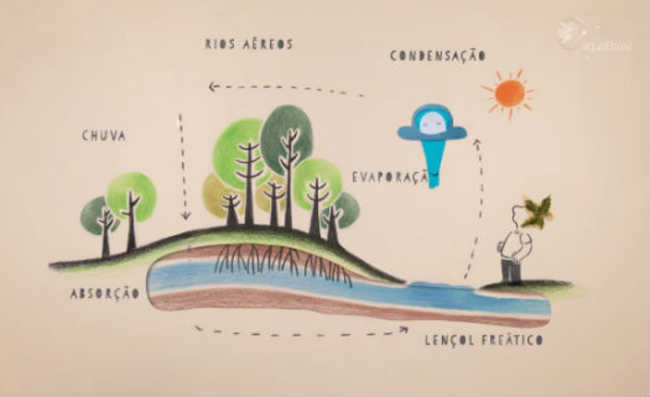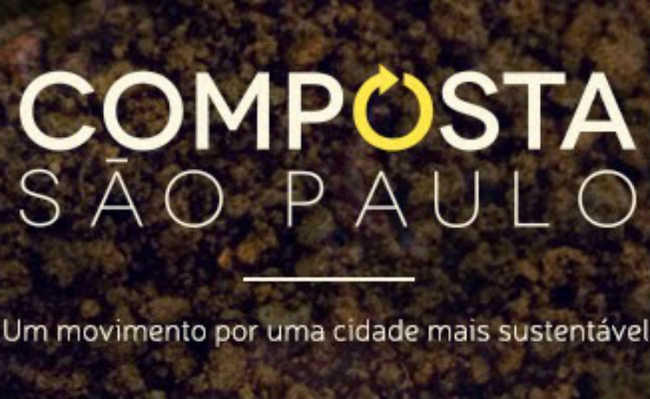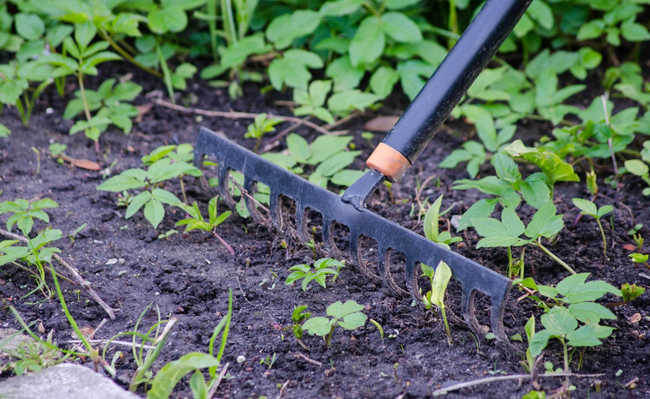Excessive use of pesticides on banana plantations in Costa Rica is making crocodiles sick
More toxic pesticides, used in the past on banana plantations, affect crocodiles

Banana is one of the most consumed fruits in the world, especially in the United States, where it ranks first in the consumption of this type of food. A source of fiber, potassium and vitamins A and C, bananas are cultivated in virtually all tropical regions of the planet. But one of the biggest problems related to the cultivation is that the maintenance of the quality of the bananas, depending on the travel time from the place of cultivation to a market, is hampered, as the long journey causes them to rot or the proliferation of fungi inside.
In Australia, a fruit grower discovered that his bananas had a fungus called tropical race four, known as Panama disease. It is harmful only to fruit, and destroys thousands of crops.
But to keep the bananas whole, the fruit growers apply lots of pesticides to their crops. These chemicals fatally harm certain species of insects and animals (see more about pesticides here). Experts say there is evidence that pesticides are affecting the crocodiles that live near the plantations of this fruit in Costa Rica.
According to the head of sustainable agriculture at the non-profit organization Rainforest Alliance, Chris Wille, the reasons for this heavy dependence on pesticides in banana plantations are: banana trees are susceptible to infestation and most plantations are located in the tropics, where there are many types of pests.
This discovery of the influence of pesticides on crocodile life was attended by wildlife biologist Paul Grant from the University of Stellenbosch in South Africa, who went to the Tortuguero Conservation Area to investigate where pesticides were harming local wildlife. He had already witnessed the death of several fish caused by the high concentration of pesticides, so he wanted to know what the final fate of these chemicals in nature was. In particular, he became interested in a small crocodile of the spectacled caiman species, which is threatened with extinction according to the International Union for the Conservation of Nature.
The tests
Grant collected blood samples from 14 adult crocodiles of this species. Some of them lived closer to the banana plantations, while others were located in more remote areas. With his colleagues, the biologist analyzed blood samples from 70 different pesticides. They came to the conclusion that the samples contained nine pesticides, of which only two are currently in use. And the remaining seven are historic organic pollutants, according to Paul.
These found pesticides are like DDT, dieldrin and endosulfan, which have been banned, some of them nearly a decade ago, but they persist in the environment and accumulate in the animals' bodies. These chemicals are also found at significant levels in all types of aquatic mammals, including whales and seals, in different parts of the world.
One of Grant's colleagues is Peter Ross, an environmental scientist at the University of Victoria in British Columbia, who highlights the dismal health status of these crocodiles relative to those living in more remote areas.
Ross and his colleagues published their findings in the latest issue of the journal Environmental Toxicology and Chemistry. For them, the importance of the work carried out lies in showing the problems left by the use, in the past, of highly toxic pesticides. Now, it's up to the next generation to end these and similar pesticides, especially as demand for bananas is growing around the world, and farms are moving towards more intensive methods of cultivation.










